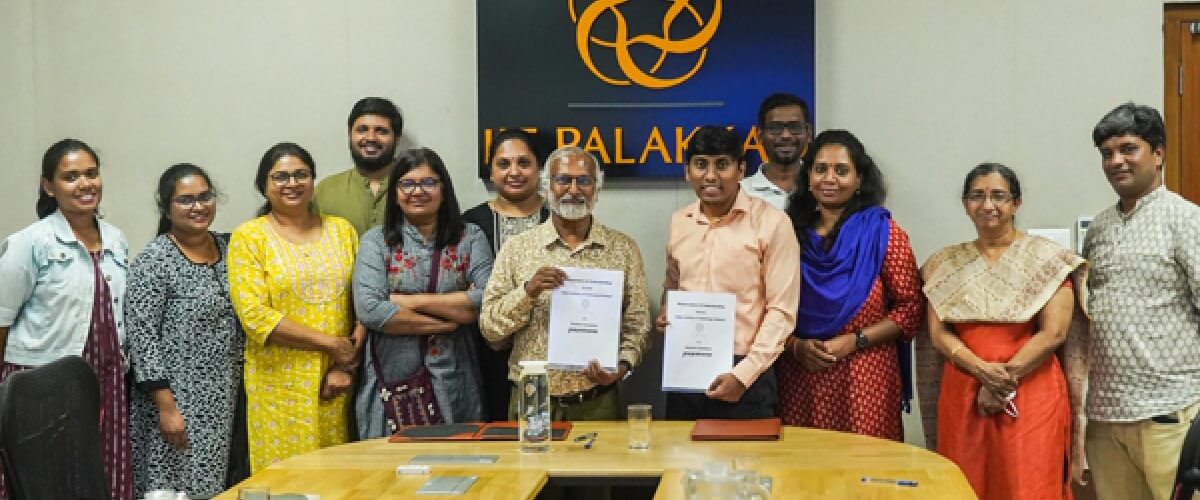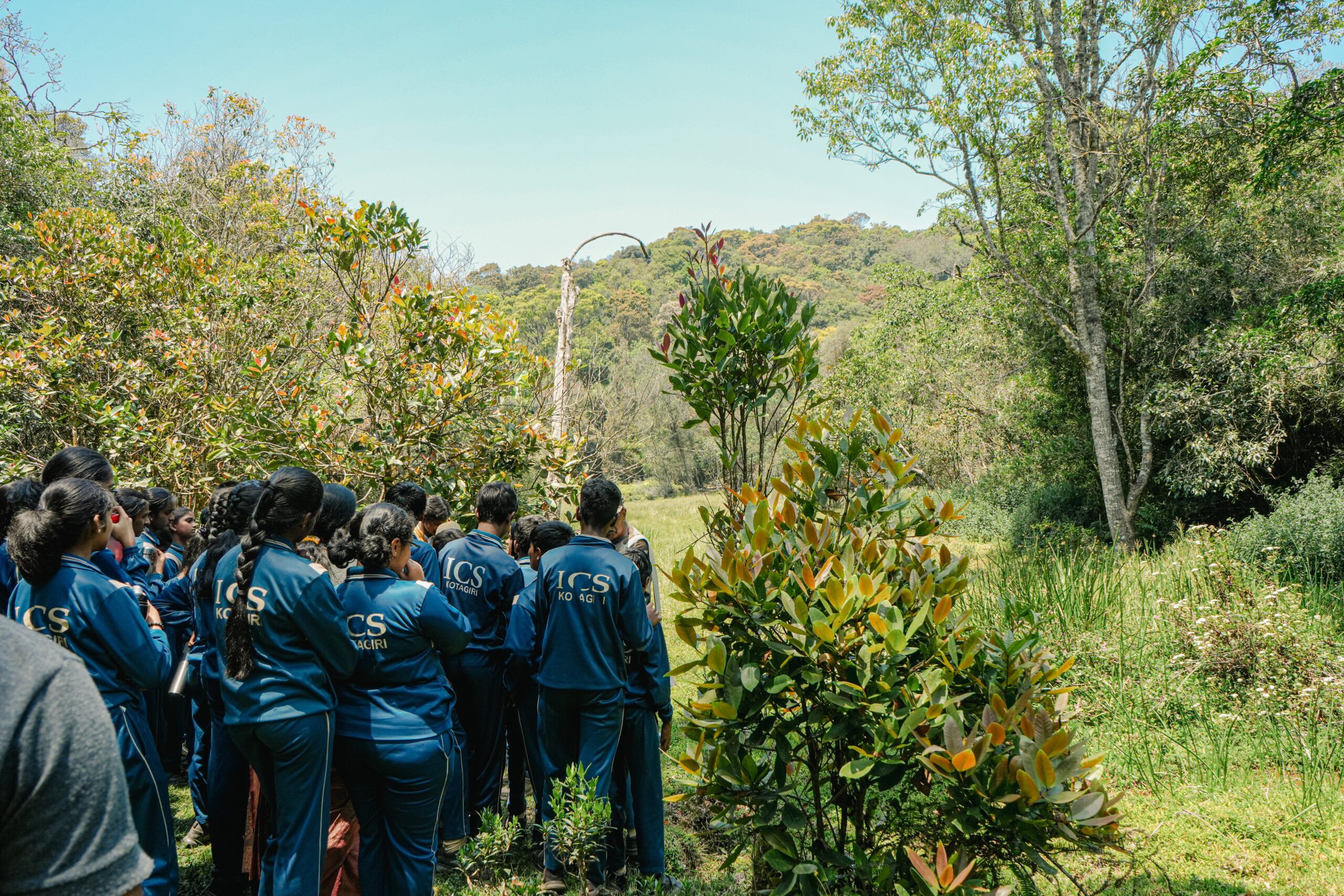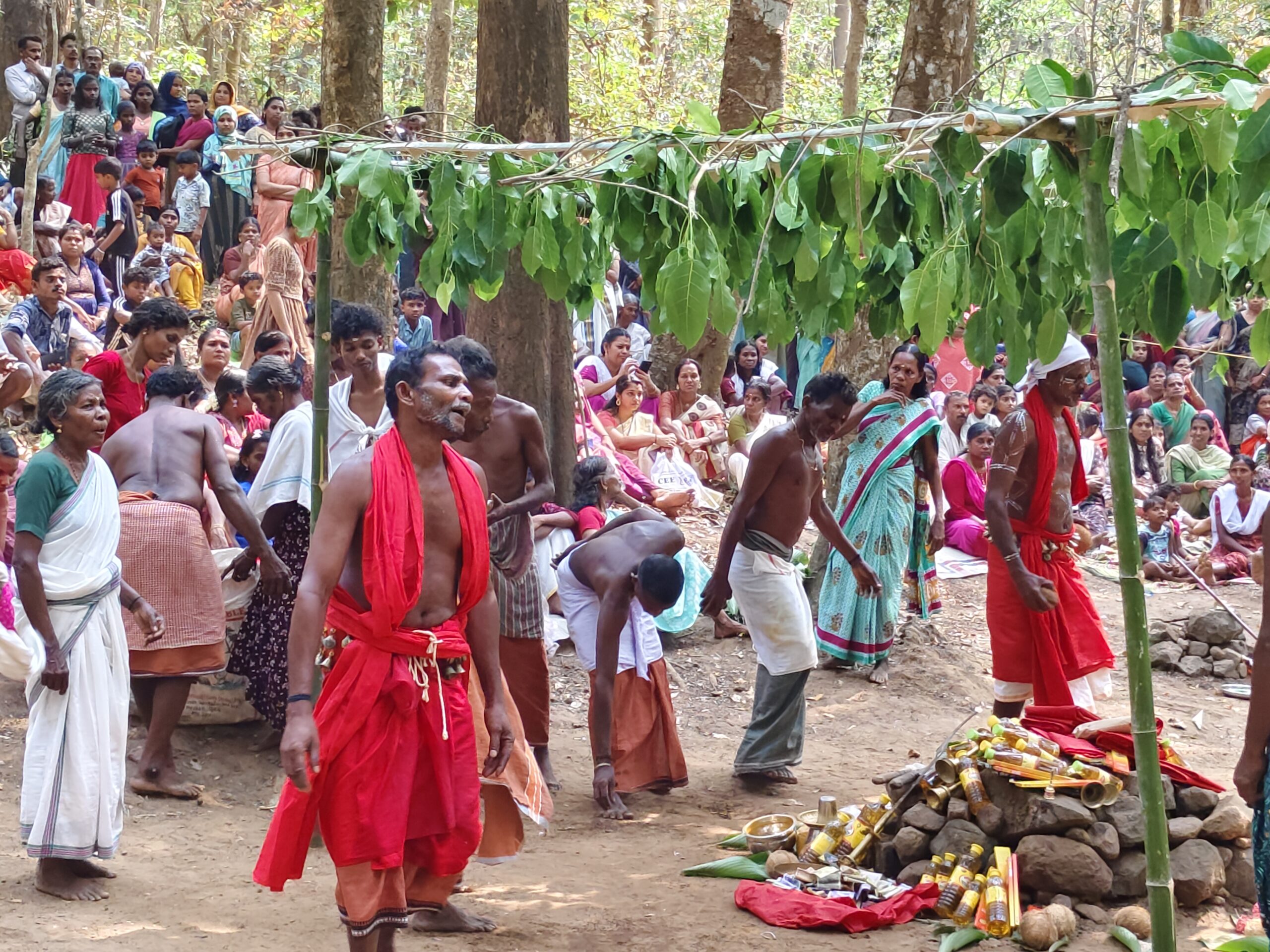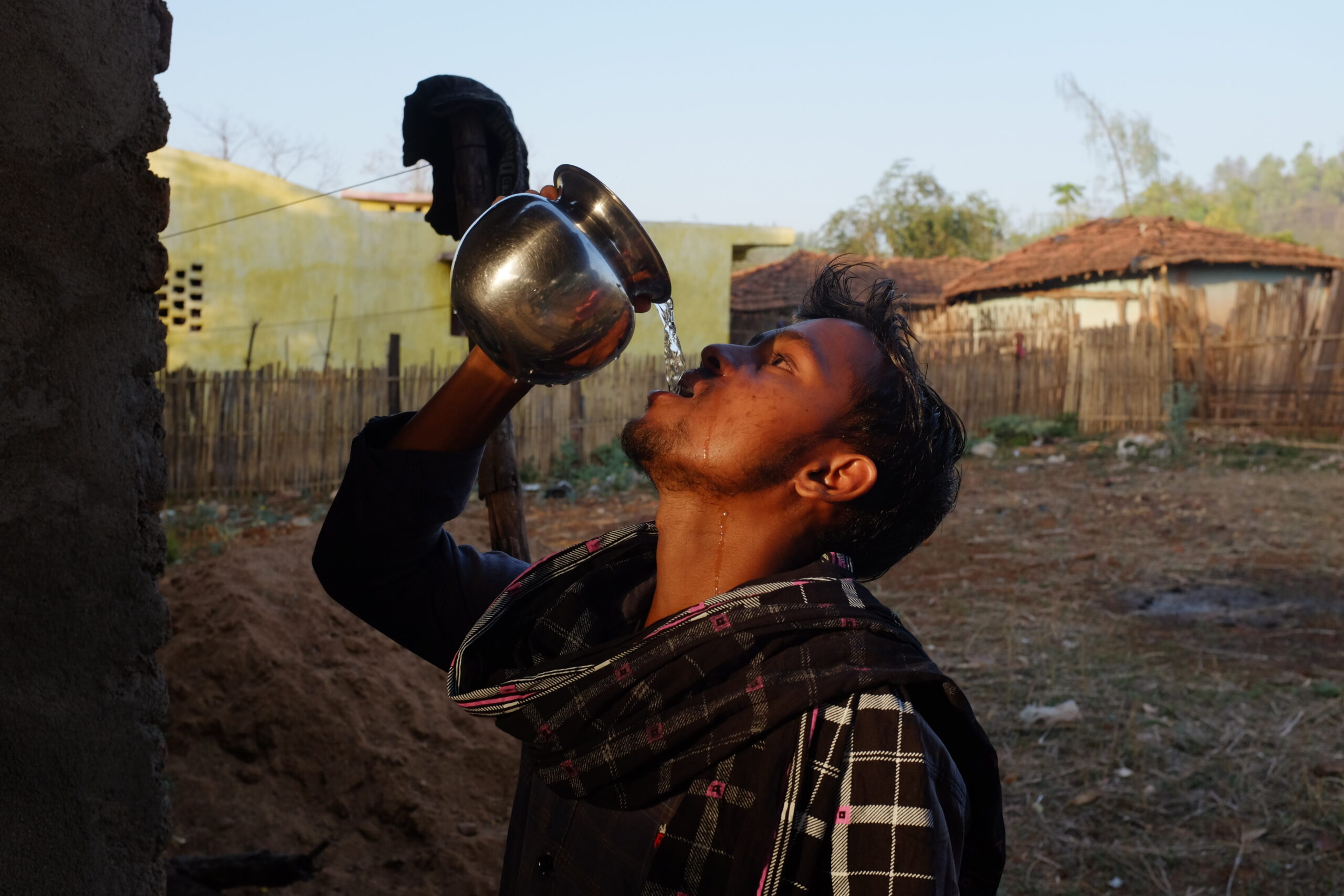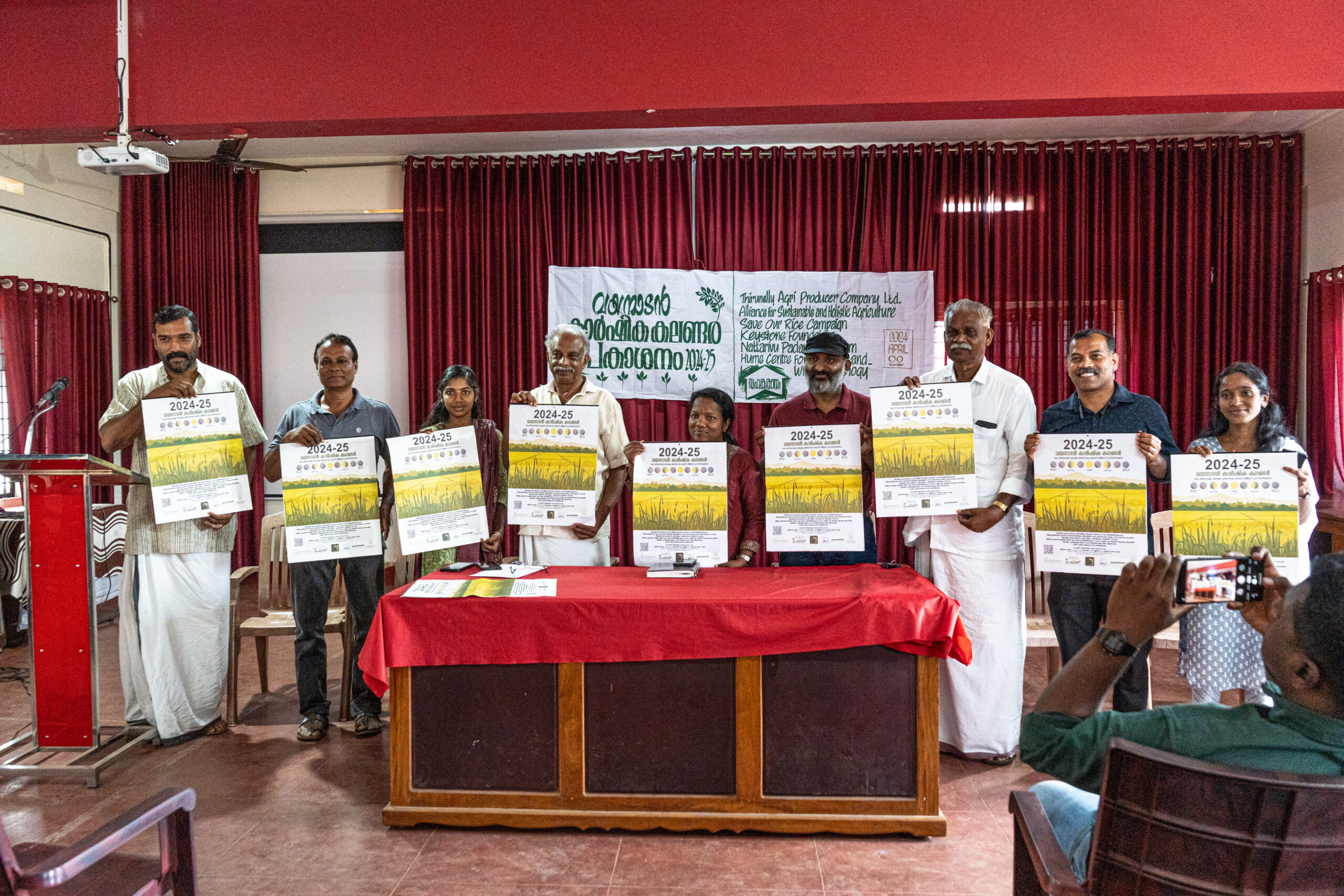March 20, 2023
By Pratim Roy & Nathania John
Founder-Director, Keystone & Communications Intern
On March 20, a Memorandum of Understanding (MoU) was established between Keystone Foundation and the Indian Institute of Technology (IIT) Palakkad in Kerala. This agreement was under the wood work’s for quite some time but was only solidified in recent months.
IIT Palakkad was nominated as a Global Sanitation Centre of Excellence by the Government of India and is widely recognised for its impact on sanitation. Keystone is connected to the ECHO Network who introduced us to the Principal Scientific Adviser (PSA) of the Prime Minister. Keystone’s work on Hill Sanitation was seen as important as sanitation and biodiversity issues are complex especially in ecologically sensitive ecosystems like mountains and coasts. This question attracted TECHIN, a nonprofit in incubation at IIT Palakkad who were interested in partnering with Keystone, to further explore their sanitation work in the hills and beyond. TECHIN and Keystone have now signed an MoU to work together on several sanitation projects.
The two focal points of this MoU are the collaboration undertaken based on sanitation in the hills and the focus on climate change impacts. The two parties have successfully been approved to work alongside each other, on a UK PACT project on Climate Change. The Measuring, Reporting and Verifying (MRV) model of research has inspired Keystone and IIT to explore climate science and climate signs on the ground, through this project.
This partnership is a culmination of technical expertise and proposal support between both the institutes. The technical dimensions of this partnership are primarily immersed in biodiversity conservation, community well-being and the intersections of technology, livelihoods, health, governance, and ecological outcomes.
The main objectives of this MoU are to identify, propose, develop, and implement tangible evidence of work based on the components mentioned above. Keystone as an organisation can be identified as a ground level implementer and IIT Palakkad as the technical organ of this partnership. They bring to the table, technical expertise through the access they have to technical labs, infrastructure, and researchers.
Keystone’s representatives had the opportunity to visit the campus and explore its facilities such as the well-equipped technical labs. It gave the team from Keystone an exposure to the work that they do which inspired them to continue working together with IIT Palakkad, to impact communities on larger scales.

